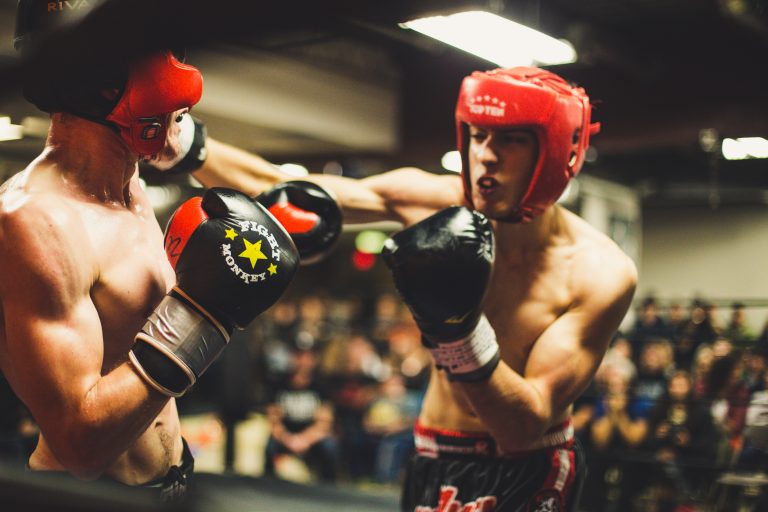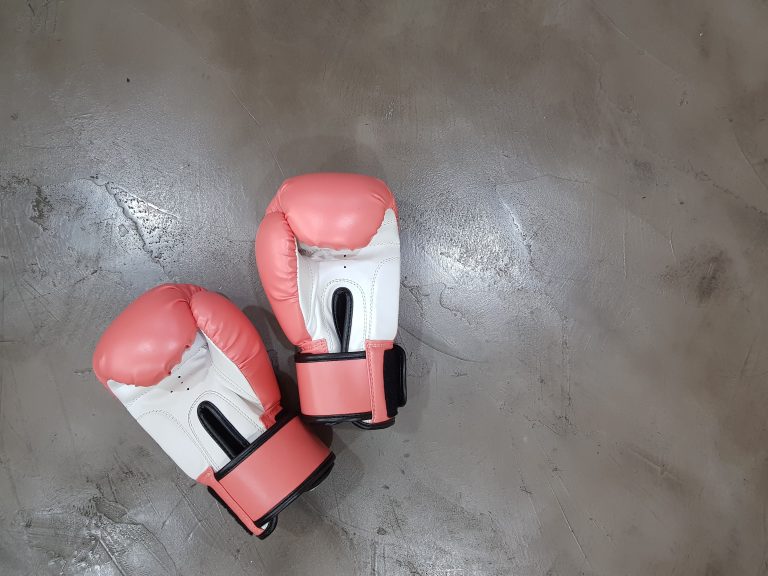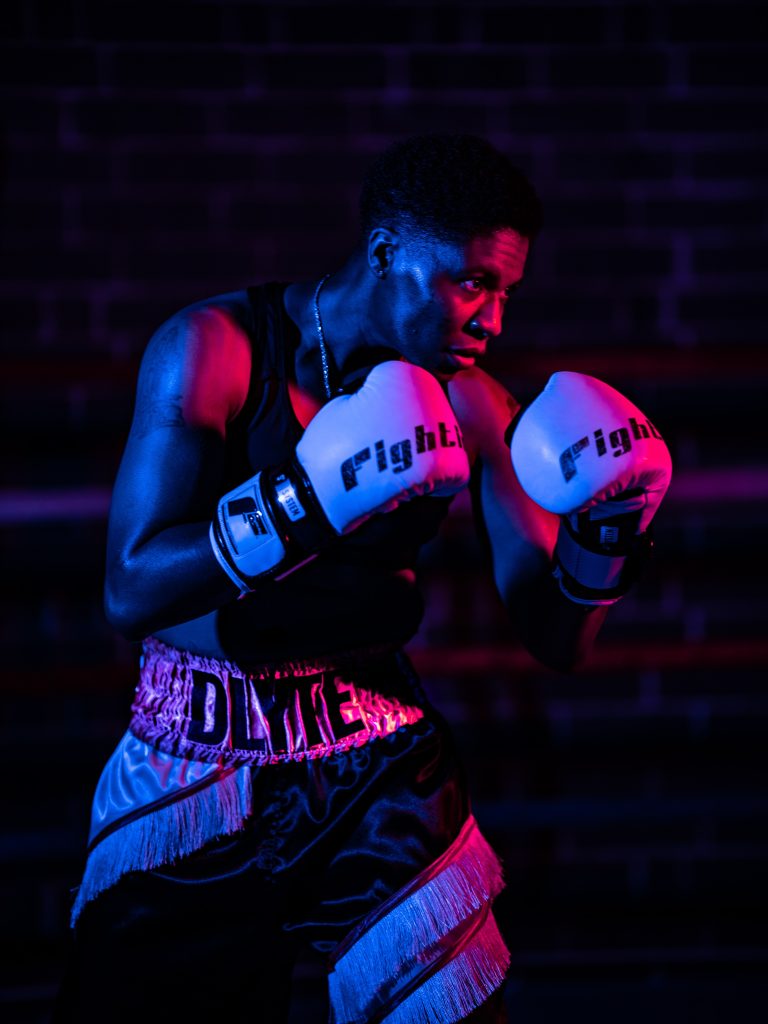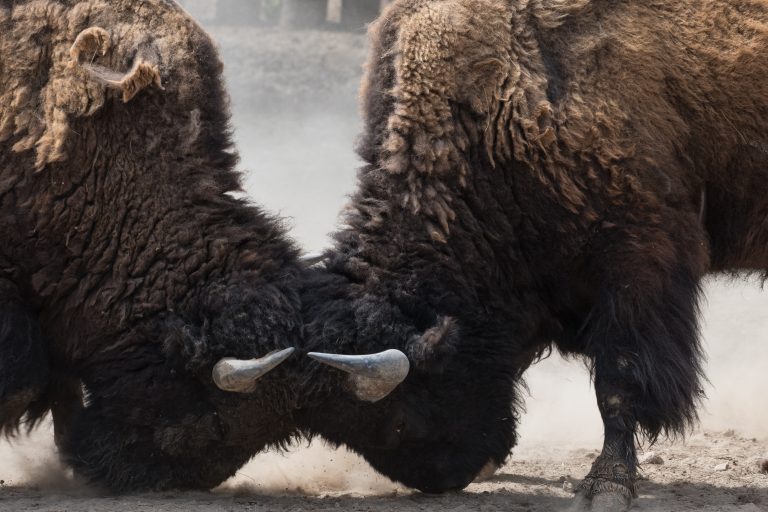Does karate help you fight?
Karate is a martial art that originated in Okinawa, Japan, in the early 20th century. It’s a popular form of self-defense that involves attacking and defending using various techniques such as punches, kicks, and knee strikes. But does karate actually help you fight in the real world? Let’s explore this question in more detail.
The fundamentals of karate
Karate has a rich history and traditions that are still being practiced today. It’s a discipline that requires dedication, patience, and hard work. Karate practitioners spend years mastering the basic techniques, such as punches, kicks, and blocks. They are taught to strike with speed, accuracy, and power.
One of the core principles of karate is to avoid conflict whenever possible. Karate focuses on self-defense rather than aggression. The goal is to use your training to protect yourself and your loved ones if necessary.
Sparring and fighting in karate
In karate, sparring is a common training method that involves practicing techniques against a partner in a controlled environment. It’s not the same as fighting, but it can help improve your fighting skills by allowing you to practice various techniques in different situations.
During sparring, karate practitioners wear protective gear and use techniques at a reduced intensity to prevent injuries. This allows them to practice their moves, timing, and strategy. However, no matter how much you practice, sparring can never fully mimic a real fight where the intensity and unpredictability can be much higher.
Karate vs. real-life fighting
When it comes to real-life combat, there are many factors to consider. These include your opponent’s size, strength, and skill level, as well as the environment in which the fight occurs. It’s important to remember that no martial art can guarantee a victory in a real fight, and that self-defense depends on many factors such as awareness, strategy, and the element of surprise.
Karate training can be helpful in many ways. Practicing the techniques can help you develop speed, power, and accuracy. It can also help you build confidence, which can give you a mental edge in a confrontation. Moreover, karate training can improve your physical fitness, which can be an advantage in a fight.
Does Karate Help You Fight?
The Most Frequently Asked Questions
Karate is a form of martial art that originated in Okinawa, Japan in the early 20th century. It is widely practiced for self-defense, physical fitness, and as a competitive sport. One of the most common questions people ask is whether karate can actually help you fight. In this blog post, we’ll answer some of the most frequently asked questions regarding karate and its effectiveness in fighting.
1. Will learning karate make me a better fighter?
Karate training can certainly make you a better fighter, but it depends on several factors. Firstly, it’s important to understand that fighting isn’t just about physical skill, but also involves mental and emotional aspects. Karate training teaches you discipline, focus, and perseverance, which can help you in all areas of life, including self-defense situations.
In terms of physical skills, karate teaches a variety of strikes, kicks, and blocks that can be effective in self-defense situations. However, success in a real fight also involves being able to think on your feet and react quickly to changing situations. Training in realistic scenarios – with appropriate safety measures – is essential to developing these skills.
2. Can karate help me defend myself against an attacker?
Yes, karate can be an effective form of self-defense. However, it’s important to note that self-defense situations are inherently unpredictable, and the outcome can never be guaranteed. Your ability to defend yourself in a real-life situation depends on factors such as your experience, physical condition, and mental state, as well as the particular circumstances of the attack.
In karate training, you learn techniques for defending against various types of attacks, such as punches, kicks, and grabs. You also learn how to use your body’s natural weapons – such as fists, elbows, knees, and feet – to effectively strike an attacker. However, effective self-defense also requires being aware of your surroundings, avoiding dangerous situations when possible, and knowing when to use your skills to defend yourself.
3. Is karate better than other martial arts for fighting?
It’s difficult to say whether karate is „better“ than other martial arts for fighting, as different styles have different strengths and weaknesses. Karate is known for its powerful strikes, while other martial arts may focus more on grappling techniques, joint locks, or throws. Ultimately, the effectiveness of any martial art depends on factors such as the practitioner’s skill level, physical condition, and mental state, as well as the situation in which they find themselves.
That being said, karate is a widely respected and practiced martial art with a long history of effectiveness in self-defense situations. It has been developed and refined over many years, and is now practiced by millions of people around the world. Many professional fighters and military personnel incorporate karate techniques into their training, as they have been shown to be effective in various situations.
4. Do I need to be physically fit to learn karate?
You don’t need to be in top physical condition to start learning karate, as there are classes available for people of all fitness levels. However, as with any physical activity, you will likely see better results if you have a good baseline of fitness. Karate training involves a lot of movement, including jumping, kicking, and striking, so improving your strength, endurance, and flexibility can be beneficial.
It’s also worth noting that karate training can be a great way to improve your physical fitness in a fun and challenging way. Regular practice can lead to improved cardiovascular health, muscle tone, and balance, as well as reduced stress and improved mental wellbeing.
5. Can I learn karate on my own, or do I need to go to a dojo?
While it’s possible to learn some karate techniques on your own, it’s generally recommended to seek out a qualified instructor and attend a dojo or martial arts school. Karate training involves learning proper techniques, practicing with partners, and receiving feedback and guidance from an experienced instructor. Trying to learn on your own can lead to bad habits or improper form, which can ultimately reduce your effectiveness in self-defense situations.
Additionally, training in a dojo or school can provide a supportive community of fellow students, which can help keep you motivated and engaged in your practice. You’ll also have access to more advanced techniques and training methods as you progress in your learning.
How to Use Karate to Protect Yourself
Karate is a martial art that can be utilized to defend oneself in a dangerous situation. However, it takes considerable training to acquire such skills. In this guide, we are going to provide you with step-by-step instructions on how to use karate to protect yourself.
Step 1: Find a Credible Karate School
To learn karate, the first step is to find a credible karate school. It’s crucial to select a school that has experienced instructors, a safe environment, and a solid reputation in the martial arts industry. Once you’ve found the right school, you can start your journey to sharpen your self-defense skills.
Step 2: Learn the Basics
The next step is to learn the basics of karate. You will be taught specific techniques such as punches, kicks, and blocks. Among these techniques, strikes are the most common, and you should focus on mastering the correct way to execute a strike. Proper techniques can help you deliver more potent strikes while avoiding injuring yourself when hitting something.
Step 3: Practice, Practice, Practice
Once you learn the basics, you need to start practicing. To master karate skills successfully, you should practice frequently. Practicing helps you gain more stamina, enhance muscle memory, and sharpen your techniques. But don’t practice alone, join a group or find someone else you can practice with. Practicing with someone else allows you to learn more about timing, distance, balance, and coordination.
Step 4: Train Yourself to Remain Calm Under Pressure
During an attack, it’s essential to remain calm and composed to make quick and effective decisions. To prepare yourself, you must practice remaining calm in stressful situations. Consider visualization training to prepare for potential attacks. Practice visualizing different potential scenarios and strategize possible defensive responses to scenarios. With time, you become better and more confident in handling such situations.
Step 5: Learn to Defend Different Scenarios
Self-defense scenarios can vary from uncontrolled streetfighter-type situations to more controlled competitions or fights. To prepare yourself effectively, you should train for various scenarios while keeping your focus on the safety measures of everyone involved. Both kinds of scenarios require different tactics and techniques, so be sure to learn and practice various techniques that could be used in different scenarios.
Conclusion
Karate offers a form of self-defense that provides techniques and tactics to protect oneself in dangerous situations. However, it takes time and effort to perfect your karate skills. By following the above steps, you can learn to use karate to defend yourself effectively. Remember, knowing how to fight should always be the last resort. Avoid escalating situations and practice de-escalation, conflict resolution, and avoiding dangerous situations whenever possible.
Inhaltsverzeichnis






